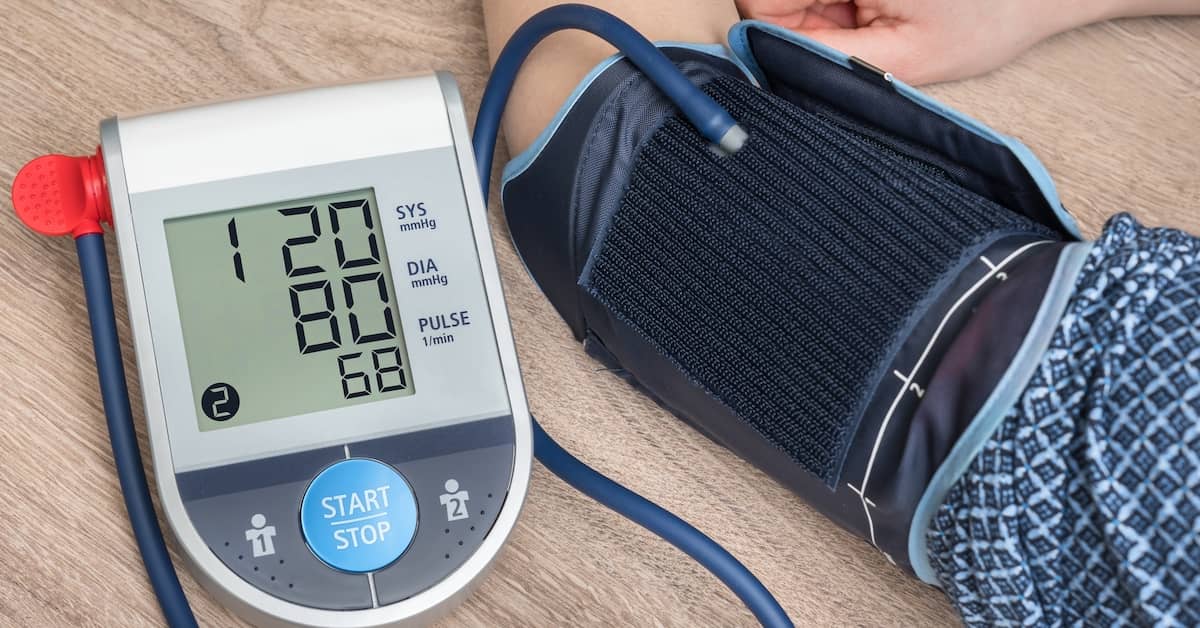
Brain Aging Begins Before Middle Age
In these tests, brain aging was measured with a technique called BRAINAge, which uses computerized analyses of changes in brain structures as seen on brain scans to determine a brain’s functional age. The researchers point out that the acceleration in brain aging that they observed begins in middle age – and perhaps even earlier. In other words, this isn’t merely a problem for older folks. "This thinking that one's brain becomes unhealthy because of high blood pressure later in life is not completely true,” says researcher Nicolas Cherbuin, PhD, who heads up the ANU Center for Research on Aging, Health and Wellbeing. "It starts earlier and it starts in people who have normal blood pressure." The researchers also stressed that high blood pressure is becoming a growing problem. Globally, the number of people over age 30 suffering with high blood pressure has doubled in the past 30 years.2Keeping Your Blood Pressure Down
The best way to keep your blood pressure down, according to research at the University of North Carolina, Chapel Hill, is to make healthy lifestyle changes – such as exercising and eating more fruits and vegetables, while cutting back on processed food and sugar. The researchers followed 129 overweight men and women aged 40 to 80 with high blood pressure (hypertension) who were not taking blood pressure medicine for four months. During the study a third of the people were given weight reduction counseling which included supervised exercise sessions and a change to a DASH diet – an eating regimen that cuts back on salt and emphasizes consumption of vegetables, fruits and low-fat dairy. The diet also restricts red meat and sweets. Another third of the participants skipped the exercise but were given help from a nutritionist in how to eat the DASH diet. And a third group was the control group – they didn’t start exercising or make any changes to their typical American diet. At the end of the study the researchers found:3- Folks eating the healthier diet plus exercising lost an average of 19 pounds and reduced their blood pressure by 16mmHg systolic (the top number) and 10 mmHg diastolic (the bottom number).
- People eating the better diet but not exercising dropped their blood pressure 11 mmHg systolic and 8 mmHg systolic.
- People making no lifestyle changes had minimal blood pressure changes.
My Takeaway
This is further proof that lifestyle changes can “cure” high blood pressure without the need for medication in many cases. Of course, much of this lifestyle advice just seems like common sense when it comes to managing your blood pressure and your health. And in the past I’ve covered studies that show that consuming more flavonoids, such as natural compounds in tea, apples, berries, cocoa products, red wine and leafy greens, is linked to lower blood pressure.4 So, these foods should be included in a heart-healthy, blood pressure reducing regimen. And one more item you should know – even though the DASH diet recommends low-fat dairy, recent studies show that full-fat dairy contains nutrients that are good for your cardiovascular system. In my opinion, I don’t think you need to be restricted to low-fat dairy foods.5- https://www.frontiersin.org/articles/10.3389/fnagi.2021.694982/full
- https://www.thelancet.com/action/showPdf?pii=S0140-6736(21)01330-1
- https://newsroom.heart.org/news/lifestyle-changes-reduce-the-need-for-blood-pressure- medications?preview=640a
- https://greenvalleynaturalsolutions.com/new-natural-way-to-lower-blood-pressure/
- https://pubmed.ncbi.nlm.nih.gov/31555799/
